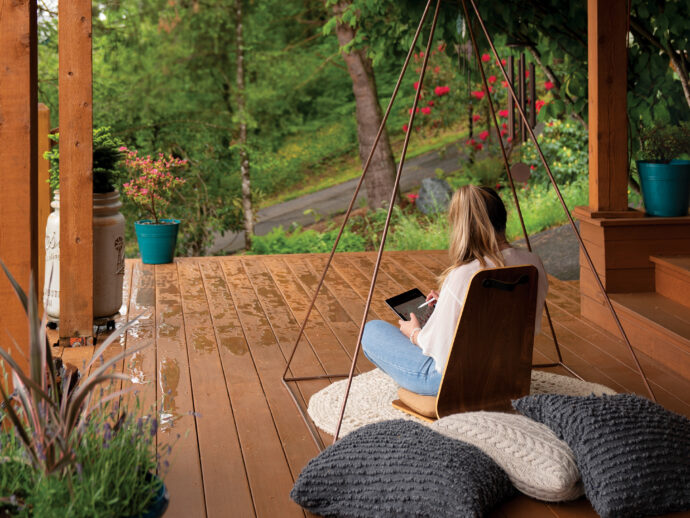
When it comes to training—and nurturing—your noodle, the latest apps, “diets,” and methods would appear to have you covered. Read on to find out whether studies and experts approve of the latest in brain and mental health trends.
Do brain – boosting apps really work?
Good news: the progress you’re making on your brain-training app is not just in your head. One 2019 study discovered that playing an app called Decoder for eight hours over a one-month period improved participants’ ability to concentrate.
However, another study says even though many brain-training apps often work, there is one caveat: a particular app may work for one type of brain training, but that doesn’t mean it necessarily transfers to another task.
Are sleep apps as effective as we think they are?
So far, research on apps for help with sleep has proven promising. For instance, one study found compelling evidence that an internet-based cognitive behavioural therapy (CBT) intervention can effectively treat insomnia.
On the other hand, some note that sleep apps may interfere with sleep hygiene. For example, the light from your cellphone—or other light-emitting devices—is known to interrupt your circadian rhythm.
What about using an app for relaxation?
Mindfulness apps can decrease stress—especially those that help users cultivate acceptance or “learning how to be open and accepting of the way things are in each moment.”
Research also indicates relaxation can be achieved through gameplay. According to one study, apps designed specifically to enhance mindfulness may not be as effective at relieving after-work stress as digital games are.
Kimberlee Mancina, registered psychotherapist and founder of Nourished Mind Psychotherapy based in Toronto, uses apps in her practice, believing them to be “valuable complementary tools for traditional therapeutic interventions.
“They can act as a starting point, are much more accessible—financially, they’re more affordable —and can add therapeutic support,” explains Mancina.
She adds that those with anxiety or agoraphobia may find them particularly useful.
But Mancina also acknowledges that studies on the efficacy of apps are in their infancy and safety regulations are not yet in place. What’s more, Mancina advises app users to read the privacy policies of the apps they’re using.





